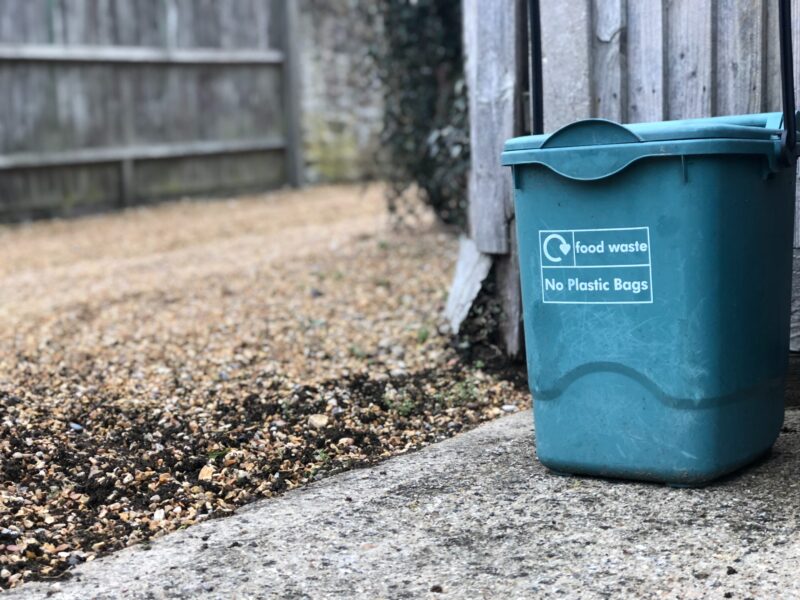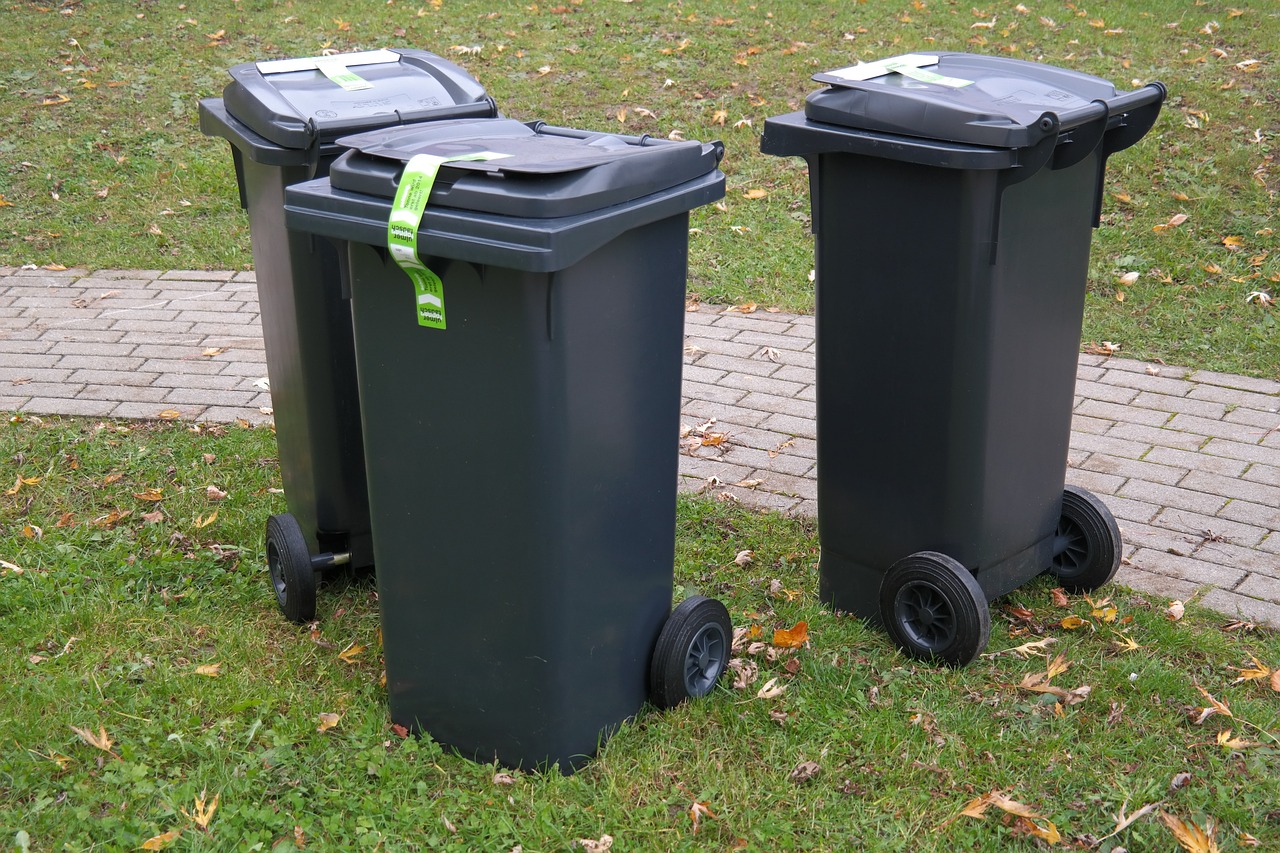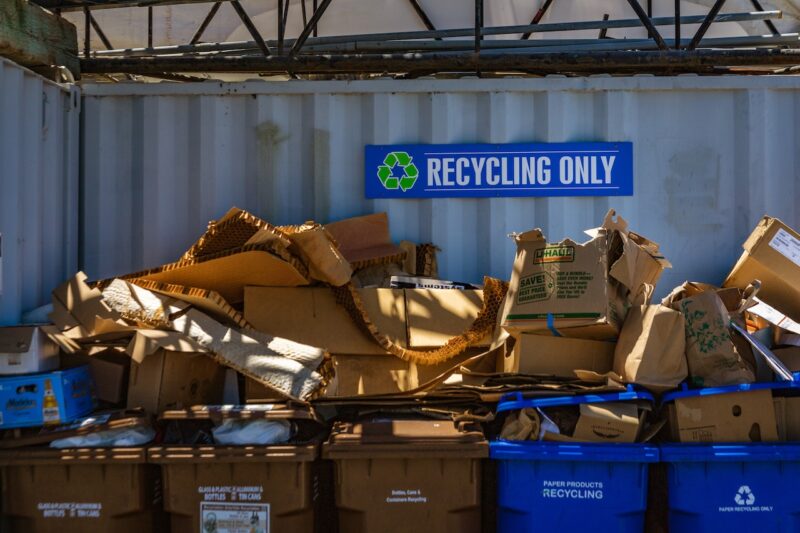You have a piece of rubbish, which bin do you put it in?
While it may seem simple, the question of where to throw your waste away can quickly get complicated in the UK. Which bin to use for what, as well as when to put your bins out for collection, depends on where you live.
Waste collection and local authorities
Every local authority and council in the UK offer kerbside waste collection. This is one of the services funded by Council Tax.
However, because the service is operated by each local council independently, what you can throw out and where varies from area to area.
All UK local authorities collect household waste and some recyclable waste. Recycling collections usually include aluminium, glass and paper – some councils also collect cartons and plastics. Each household is provided with a general waste bin as well as one or more recycling bins.
Waste bins are usually upright ‘wheelie’ bins. Recycling bins can be upright bins or smaller individual tubs. Your council may also collect household food waste from a smaller kerbside bin or caddy.

Some councils use dedicated caddies to collect food waste.
Which bin colour is which?
Unfortunately, there is no UK standard for waste bin colours. That means depending on your area your council might use a green bin for recycling and a black bin for waste, a blue bin for recycling and a green bin for waste, a brown bin for waste and three smaller black bins for recycling – or almost any other combination.
How can I find which bin I should use?
You can find the information for which bin is which in your area on your local council’s website.
As well as a guide to your bins you’ll also find information on what to include with each kind of recycling. For example, some councils are able to collect Tetra Pak cartons for recycling whereas others are not.
Your local authority’s website is also the place to find out when your bins will be collected.

Wheelie bins get their cute name from the two wheels on the bottom. Just tip them back with the handle and you’re rolling!
How to have your bins emptied
Bin collection dates vary from street to street on a timetable, so give your full postcode to find out which days your bins will be emptied.
So that the refuse collectors can empty your bin, move it to the edge of your property with easy access to the road without blocking the footpath. The rubbish collection begins early in the morning, so we recommend moving your bins out the night before your collection date.
Your council may operate on a bi-weekly timetable, collecting different refuse every other week, so check ahead to make sure you’re putting out the right bin. You can also request a calendar from your council with all the refuse collection dates for the year.
Where can I dispose of other waste?
Sometimes you may need to dispose of an item too large to fit in your bin.
Again, your options for disposing of large waste items vary depending on your local council. You can see what options are available in your area here.
Usually, your council will be able to arrange for the collection of a limited number of items for a small fee, or for free in some cases.
If you have more waste than your council can take then you will need to arrange for proper private disposal. This could mean bringing your waste to a local rubbish dump or tip or hiring a waste collection agency or a skip.
Abandoning your waste anywhere other than a licensed facility is a crime in the UK. Fly-tipping, as it’s usually called, is punishable by an unlimited fine and up to five years in prison.
One of the first things to do when you move into a new home is to find out when to put the bins out. While it’s different everywhere in the UK, your council’s website is the place to go for information about which bin to use for what and when your bins will be collected.
Not registered with your council yet? Get it sorted before you move with free help from Please Connect Me. Learn more and sign up today!













